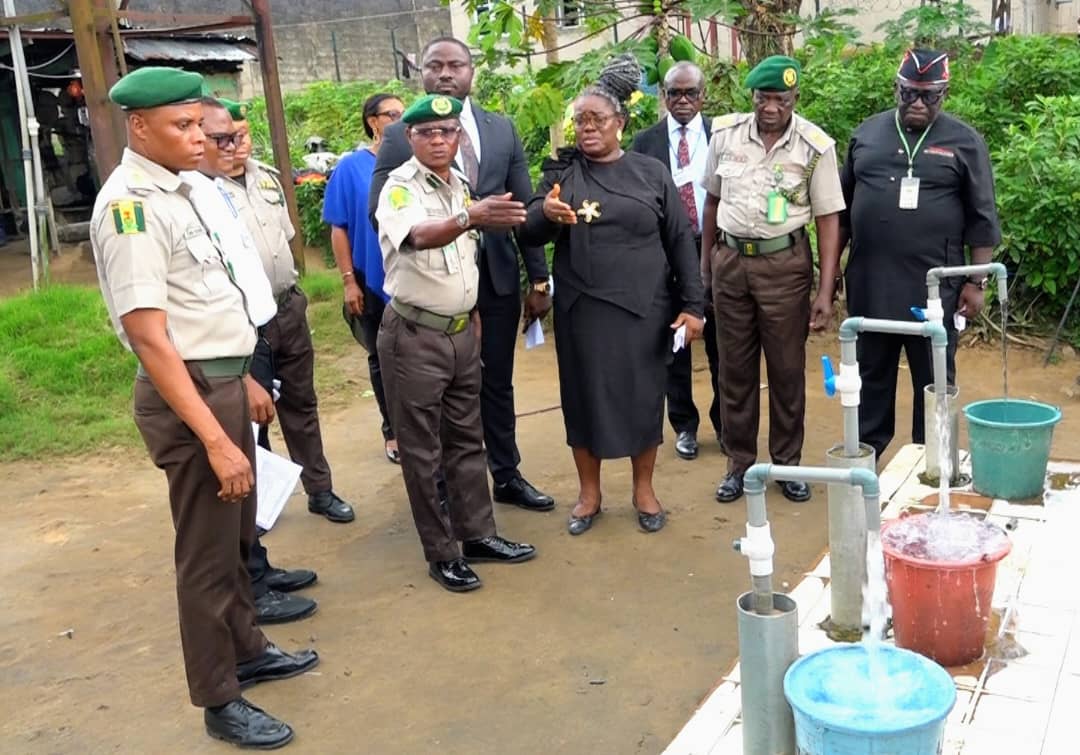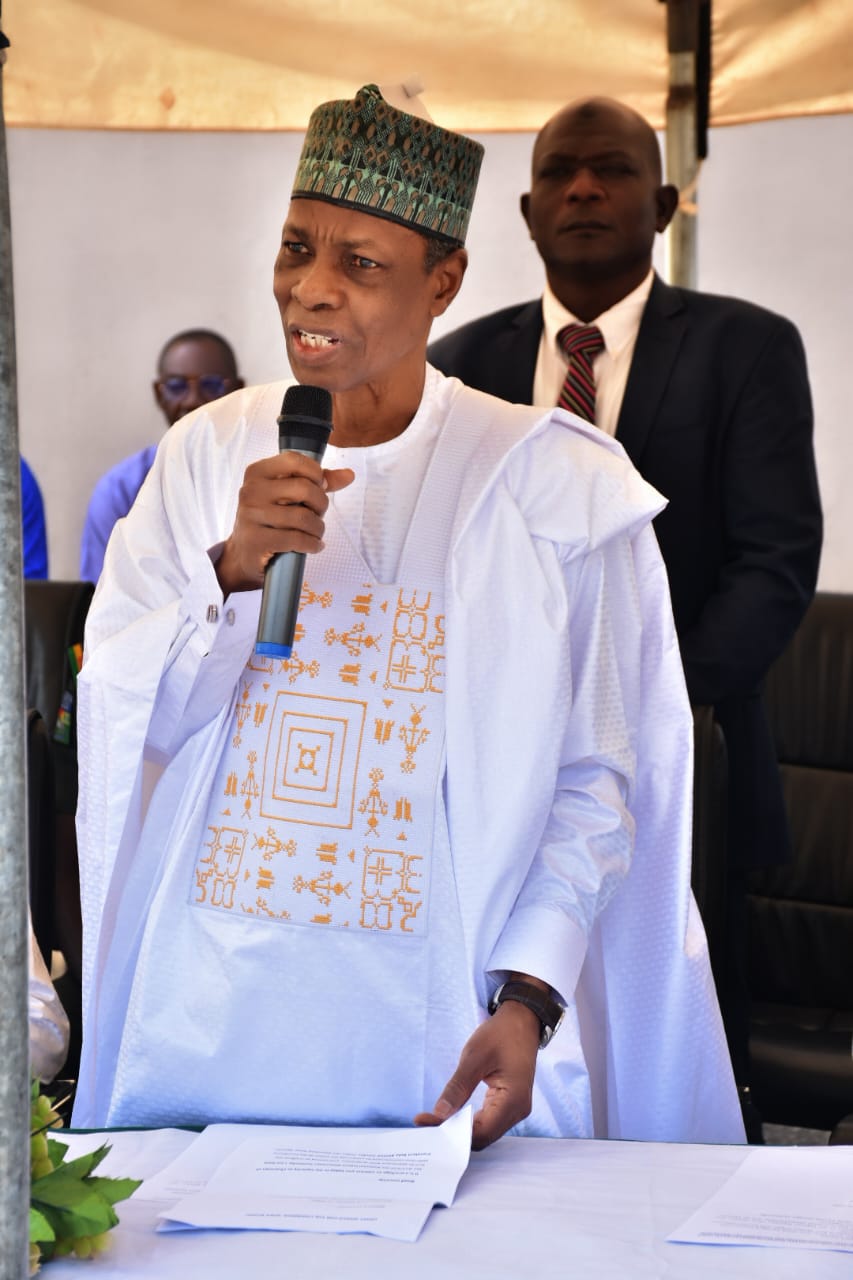By Martha Agas
The Health Anti-Corruption Project Advisory Committee (HAPAC) has endorsed the joint management of Nigeria’s Basic Healthcare Provision Fund (BHCPF) to promote transparency and accountability.
HAPAC, which includes experts, civil society organisations, and media representatives, is a coalition focused on fighting corruption in Nigeria’s health sector.
The Chairperson of HAPAC, Dr Idris Muhammad, declared this support in a statement on Tuesday in Abuja.
The News Agency of Nigeria (NAN) reports that Prof. Muhammad Pate, the Coordinating Minister of Health and Social Welfare, urged stakeholders in the community to be actively involved in managing resources allocated to their facilities.
The call came following the release of the BHCPF’s N32.9 billion for the third round this year, emphasised that communities should take ownership of their health facilities and monitor plans.
It also called on community members to ensure transparency and celebrate progress to safeguard the effective use of funds for their well-being.
Dr Muhammad said the call for greater vigilance in the use of the BHCPF by the health minister was crucial to addressing corrupt practices.
This, he said, was in addition to enhance primary healthcare delivery, alongside providing health insurance for the poor and vulnerable.
He highlighted findings from HAPAC’s investigation into corruption within the BHCPF, including collusion between community monitors and facility officers to divert funds.
He also noted cases where facility managers used a single receipt to obtain funds from two different gateways.
HAPAC’s Chairperson said healthcare staff were found falsifying community stakeholders’ signatures to access funds without their knowledge.
He cited the report revealing that since 2018, the Federal Government had invested over N110 billion, or more than 68.3 million U.S. dollars, in primary healthcare.
He said this amount excluded the recent disbursement of N32.9 billion (about 22 million U.S. dollars) to 13,000 primary healthcare centres (PHCs) nationwide, which led to the well-known “red letter” from the health minister advocating accountability.
On his part, HAPAC’s Convener, Prof. Obinna Onwujekwe, said that corruption issues linked to the BHCPF also involved the State Primary Healthcare Development Agencies (SPHCDAs).
According to Onwujekwe, evidence shows SPHCDAs directing facility managers on how and when to spend their funds, even providing specific bank details for payments.
“Furthermore, they procure medicines for facilities, which violates BHCPF guidelines and their procurement processes do not adhere to Nigeria’s procurement regulations,” he said.
HAPAC recommended establishing direct links between health facilities and anti-corruption officials at the health ministry and national anti-corruption agencies to tackle corruption issues in the BHCPF.
It called for training and retraining of health workers and managers on procurement guidelines and ethics, and for imposing enforceable penalties for violations of BHCPF rules.
It added that revamping the central medical stores for centralized medicine purchases could facilitate easier tracking of expenditures.
This, it explained, would also promote transparency in the cost of medicines at health facilities and help address concerns about counterfeit and substandard drugs obtained from the open market.
NAN reports that HAPAC is a coalition challenging health sector corruption based on evidence, composed of members from academia, civil society, media, anti-corruption agencies, and health practitioners. NAN





